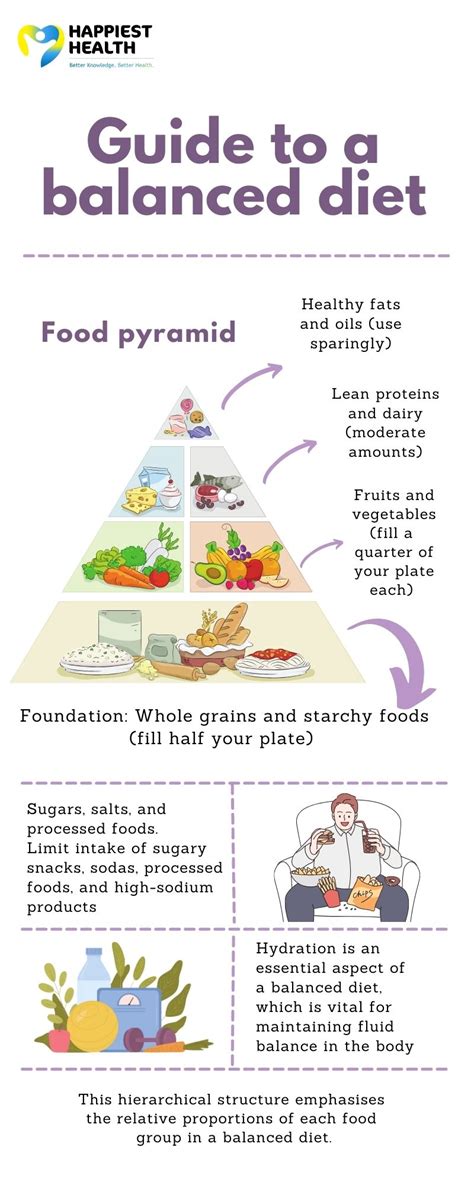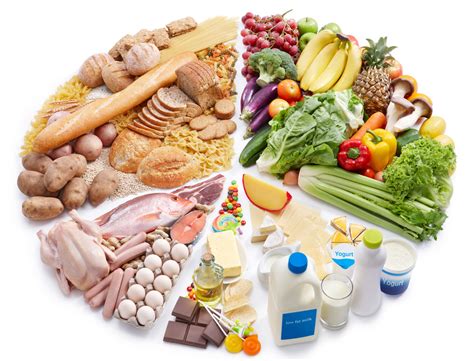The Science Behind the Afternoon Slump
Many of us are familiar with the unwelcome afternoon energy crash and the accompanying brain fog. That feeling of hitting a wall, struggling to concentrate, and craving sugar or caffeine is a common workday nemesis. While factors like sleep and stress play a role, your fuel choices are often the primary culprit. The key to sustained energy and mental clarity lies in understanding how your body processes different foods, particularly their impact on blood sugar levels.
When you consume refined carbohydrates or sugary foods, your blood sugar spikes rapidly. In response, your pancreas releases a surge of insulin to bring it down. While necessary, too much insulin can cause blood sugar to drop too quickly, leading to a hypoglycemic state. This abrupt dip manifests as fatigue, irritability, difficulty concentrating, and intense cravings – the classic afternoon slump.

The Pillars of Sustained Energy: Protein, Fiber, and Healthy Fats
To avoid these dramatic blood sugar swings, focus on meals and snacks that provide a steady release of energy. This means prioritizing a balanced intake of protein, fiber, and healthy fats at every eating occasion.
- Protein: Essential for building and repairing tissues, protein also slows down digestion, leading to a more gradual absorption of glucose into the bloodstream. This helps stabilize blood sugar and keeps you feeling full and energetic for longer. Think lean meats, poultry, fish, eggs, legumes, nuts, and seeds.
- Fiber: Found in plant-based foods, fiber is a game-changer for blood sugar control. Soluble fiber creates a gel-like substance in the gut, slowing down carbohydrate absorption, while insoluble fiber adds bulk, promoting digestive health. Vegetables, fruits, whole grains, and legumes are excellent sources.
- Healthy Fats: Far from being the enemy, healthy fats are crucial for sustained energy and brain function. They provide a dense, slow-burning fuel source and contribute to satiety, preventing overeating and subsequent energy dips. Incorporate avocados, nuts, seeds, olive oil, and fatty fish like salmon into your diet.

Smart Carbohydrate Choices
Carbohydrates are your body’s primary energy source, but not all carbs are created equal. To prevent crashes, opt for complex carbohydrates over simple ones.
- Complex Carbohydrates: These are found in whole grains (oats, brown rice, quinoa), starchy vegetables (sweet potatoes, squash), and legumes. They contain fiber and are digested slowly, providing a steady stream of glucose.
- Avoid Refined Carbohydrates: Foods like white bread, pastries, sugary cereals, and processed snacks are stripped of their fiber and nutrients, leading to rapid blood sugar spikes and subsequent crashes.
- Pairing is Key: Even when consuming complex carbs, pairing them with protein and healthy fats further mitigates blood sugar impact, ensuring a smoother energy curve.

The Role of Hydration and Micronutrients
Beyond macronutrients, adequate hydration and micronutrient intake are non-negotiable for optimal energy and cognitive function.
- Hydration: Even mild dehydration can significantly impair concentration, mood, and energy levels. Make water your primary beverage and sip throughout the day. Herbal teas can also contribute.
- Micronutrients: Vitamins and minerals like B vitamins, magnesium, and iron are vital cofactors in energy metabolism. Ensure a varied diet rich in fruits, vegetables, and whole foods to get a full spectrum of these essential nutrients.

Practical Strategies for a Crash-Free Afternoon
Implementing these fuel choices requires mindful planning. Here are some actionable tips:
- Balanced Breakfast: Start your day with protein (e.g., eggs, Greek yogurt), fiber (e.g., berries, whole-grain oats), and healthy fats (e.g., avocado, nuts) to set a stable blood sugar foundation.
- Strategic Lunch: Build your lunch around a lean protein source (chicken, fish, tofu), a generous portion of colorful vegetables, and a serving of complex carbohydrates (quinoa, brown rice, sweet potato).
- Smart Snacking: If you need a snack, choose options that combine protein and fiber, such as an apple with almond butter, a handful of nuts, or Greek yogurt.
- Limit Sugary Drinks and Processed Foods: These are notorious for causing rapid energy spikes and crashes. Opt for water, unsweetened tea, or coffee in moderation.
- Mindful Eating: Pay attention to how different foods make you feel. This self-awareness is powerful in fine-tuning your optimal fuel choices.

Conclusion
By making conscious fuel choices that prioritize balanced macronutrients, smart carbohydrates, ample fiber, healthy fats, and consistent hydration, you can effectively prevent afternoon energy crashes and brain fog. Shifting away from processed foods and sugary quick fixes towards whole, nutrient-dense options will not only stabilize your energy but also enhance your overall cognitive function and well-being. Experiment with these strategies to discover what works best for your body, and reclaim your afternoons with sustained vitality and mental clarity.




